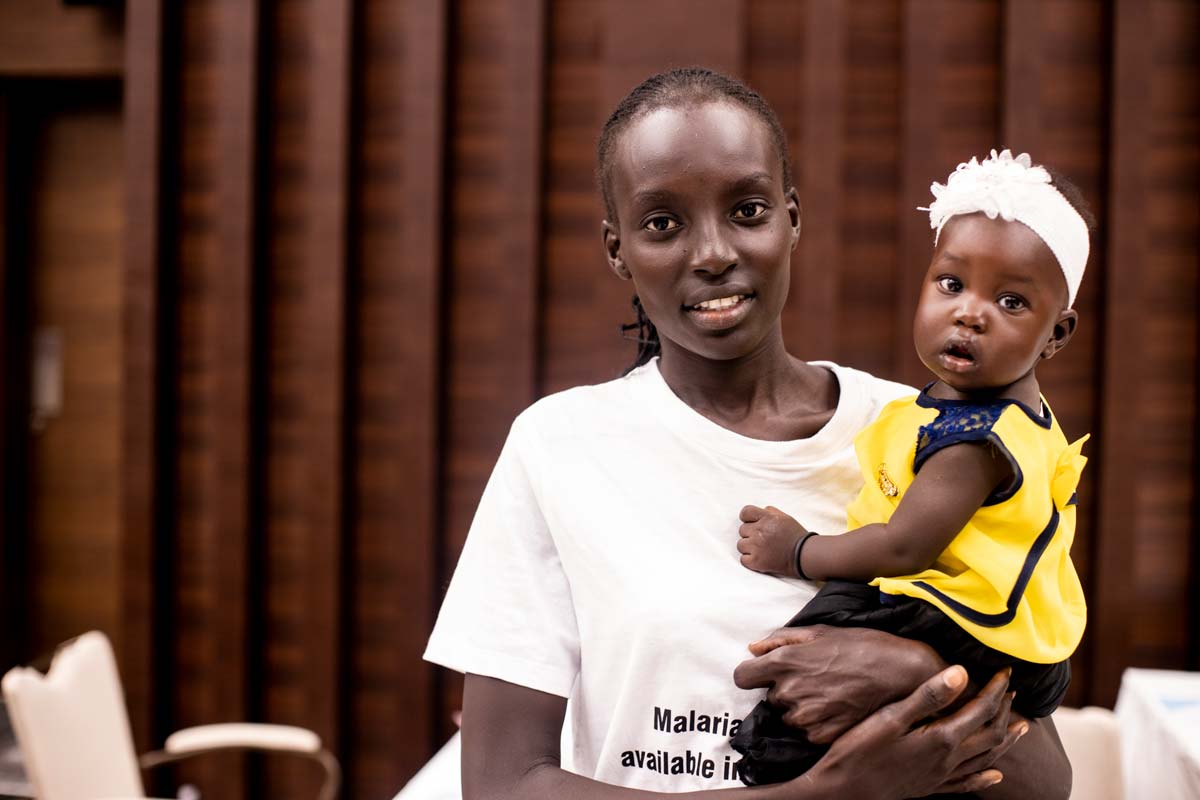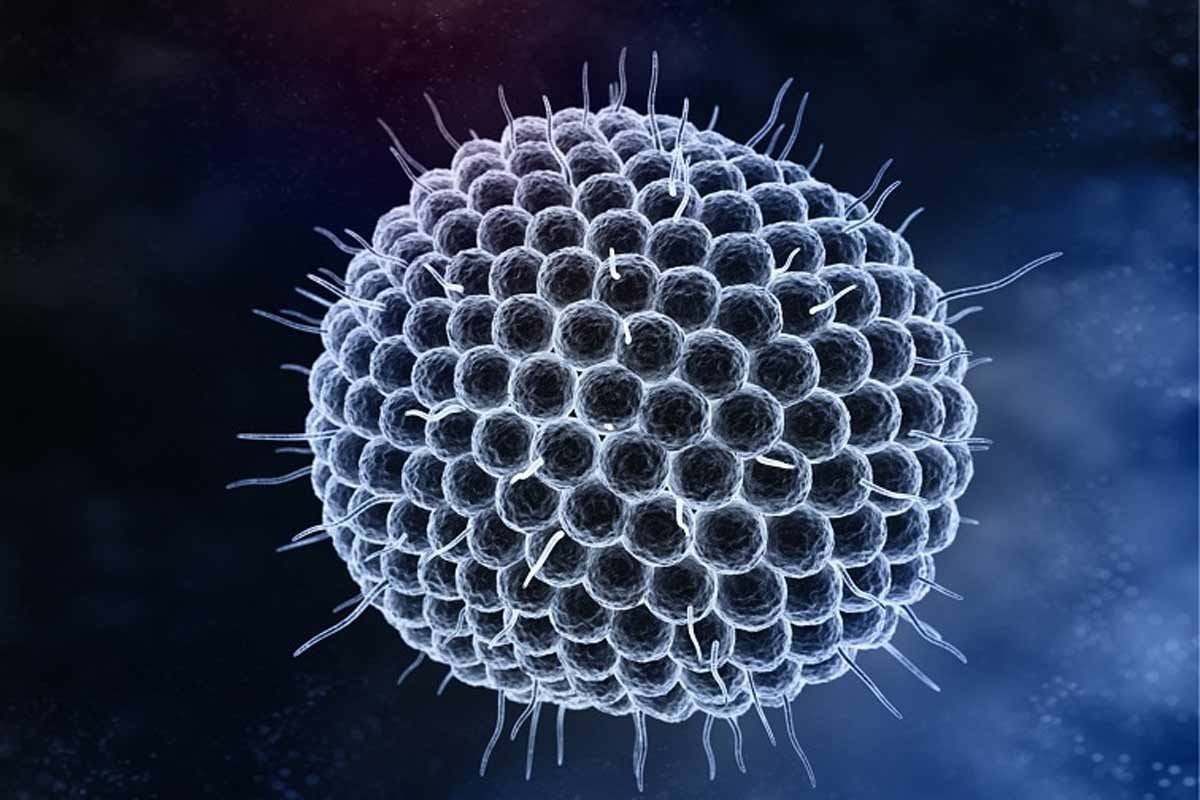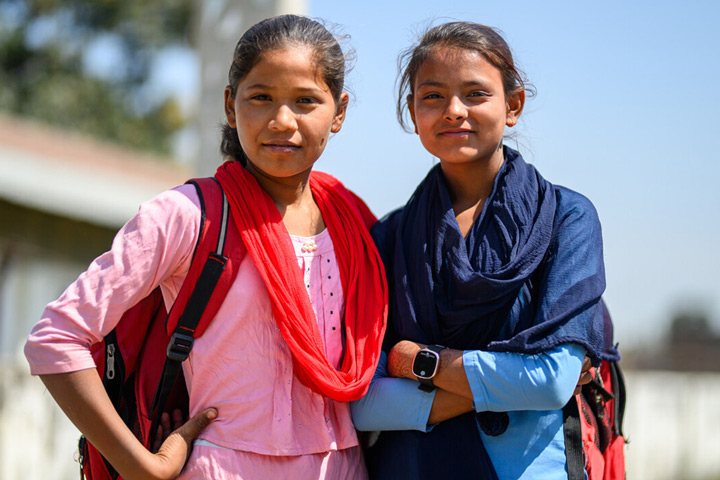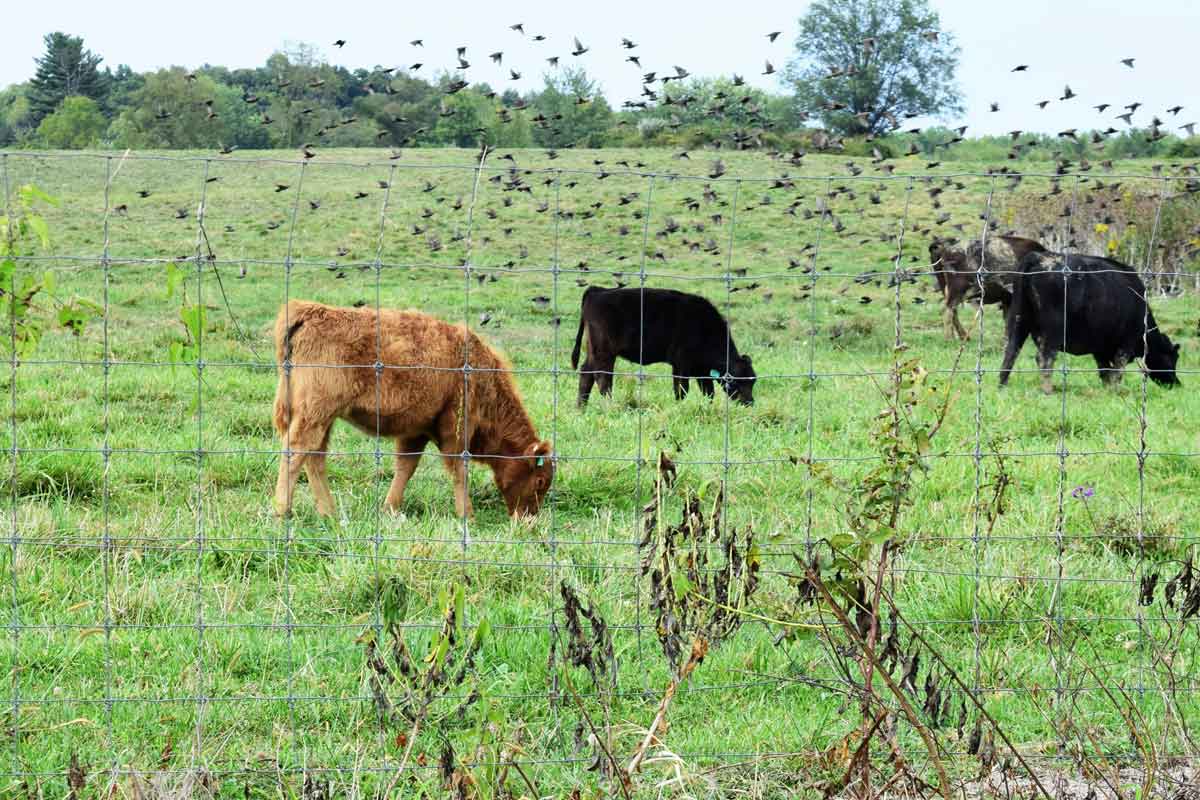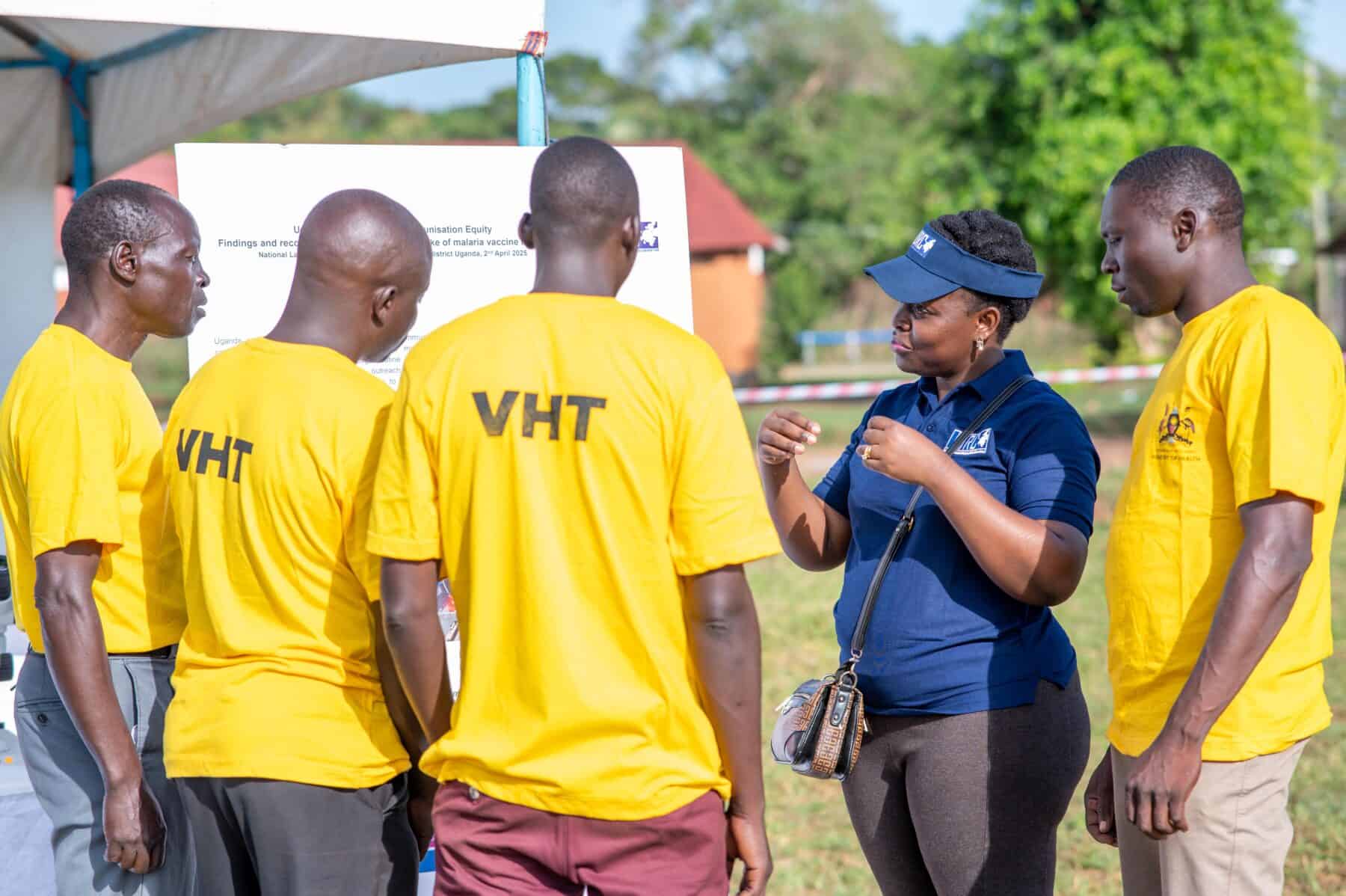International Women’s Day: Quarraisha Abdool Karim on the fight against HIV
This International Women’s Day Vaccines Work is hosting a series of interviews with inspirational women from across the world. Here Professor Quarraisha Abdool Karim, epidemiologist and associate scientific director for CAPRISA – the Centre for the AIDS Programme of Research in South Africa, explains how gender plays a role in the response to both HIV and COVID-19.
- 8 March 2021
- 5 min read
- by Priya Joi
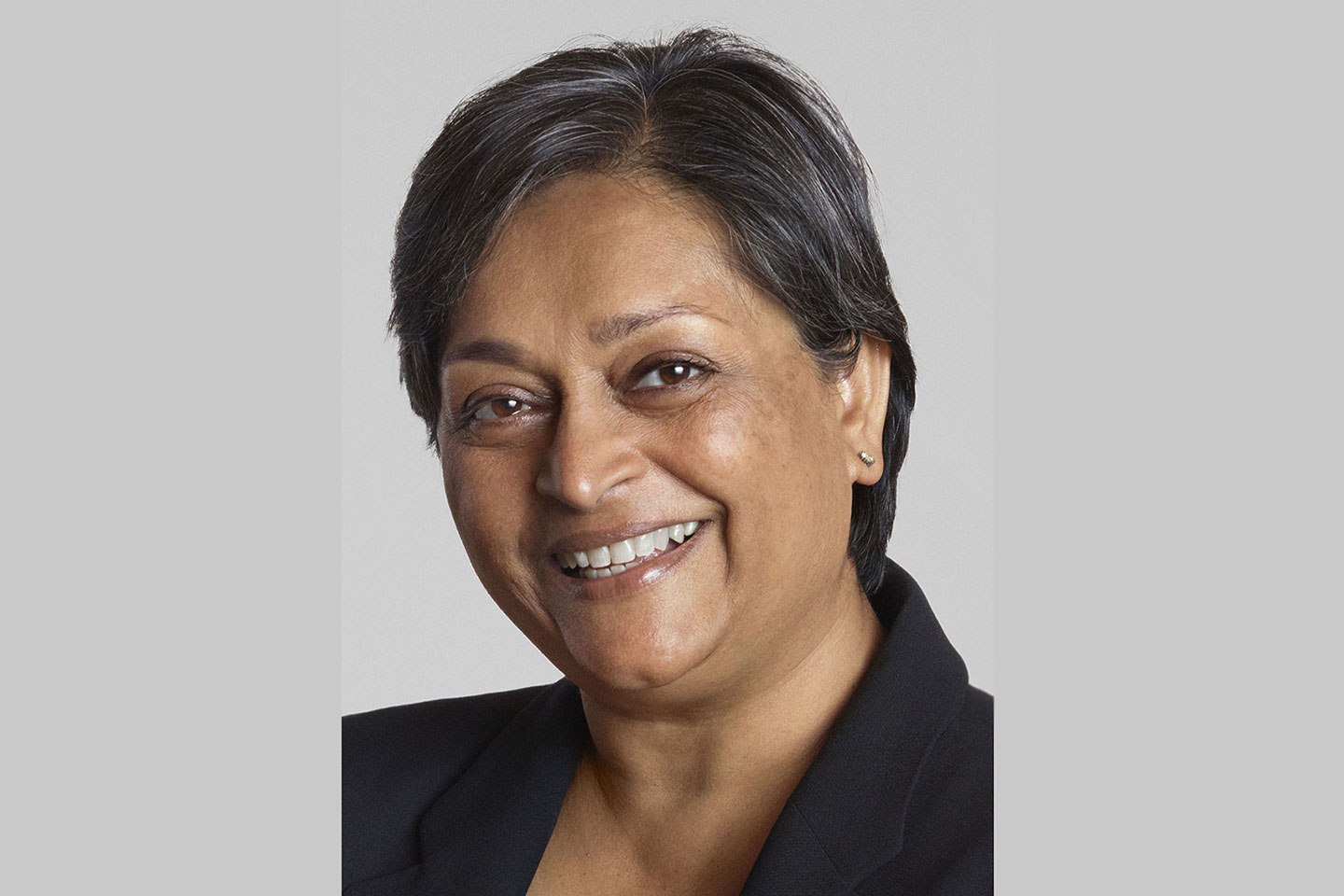
Follow along: #ChooseToChallenge #IWD2021
Much of your work on HIV has centred around giving women autonomy over their bodies and their healthcare choices – was that your goal right from the start of your career?
No, not at all. In undertaking one of the earliest population-based HIV surveys in Africa in 1990, the age-sex disaggregated data demonstrated that young women by age 15-19 years already had six times more infection than their male peers, and the subsequent studies I undertook helped me understand these issues better. I continue to learn from them. Here I am, 32 years later, still trying to reduce women’s vulnerability to HIV infection.
Interestingly, in Africa, women have seen the benefits of childhood immunisation for their children’s survival so vaccines are generally more acceptable as reflected in our high vaccine coverage rates.
There is evidence that women often don’t have enough access to information regarding healthcare – can you talk about the effect that could have?
There are several factors, some shaped by dominant patriarchal societal norms about what young women should and shouldn’t know about their own bodies. I’ll focus on adolescent girls and young women, as we see the impact greatest in this group with respect to sexual reproductive health. The ignorance of young women about their own bodies is a key factor for setting adolescent girls and young women on a different life trajectory compared to their male peers. Young women for example insert substances into their vaginas to enhance their partner’s sexual pleasure or in undertaking menstrual hygiene practices they change their vaginal microbiome, such that the normal protective flora are overtaken by other organisms that cause harm and can enhance HIV infection. High rates of teenage pregnancies are often because young women don’t have sufficient information or access to sexual reproductive health information or services; when women get pregnant, they drop out of high-school and end up being caught up in vicious cycles of dependency on men for survival especially in settings where women have few economic opportunities.
Science is sometimes criticised for not focusing enough on health issues that affect women – could having more women scientists, especially in decision-making roles, change that?
Paternalistic over-protectionism is a key issue here – concern about unborn infants, even when we have many reliable methods for fertility control, for many years have resulted in women being excluded from research. Thankfully this is starting to change and new ethics guidelines call for clear justification to be provided for not having a more inclusive cohort in studies. I do think that women are nurtured to be carers and tend to be more inclusive in their research endeavours. We are seeing the shift in biomedical research where women are starting to be more represented in leadership positions.
Have you read?
You’re now contributing to South Africa’s COVID-19 response. Data from parts of the USA for example indicates that women are more hesitant about COVID-19 vaccines – do you see that reflected in South Africa, and if so, why might that be?
We need to differentiate between anti-vaxxers and people who have questions about COVID-19 vaccine development. Interestingly, in Africa, women have seen the benefits of childhood immunisation for their children’s survival so vaccines are generally more acceptable as reflected in our high vaccine coverage rates. There are anti-vaxxers who don’t believe in vaccines or immunising their children, but they are a small group who tend to be more educated, wealthy and Caucasian. So far we are seeing good uptake of the COVID-19 vaccine among health care workers who are predominantly women. I have heard a few concerns about the short timeline of follow-up for the COVID-19 vaccine development, but not concern about getting vaccinated.
Are you worried that COVID-19 could derail all the progress you’ve made against HIV in South Africa?
During the early stages of the COVID-19 epidemic, when we all were mostly ignorant about what to expect and countries were going into national lockdown, this was a concern but very quickly research and access to other health services, particularly at a primary health care level, ensured that services were not too severely impacted for AIDS patients. There has been some impact on HIV testing; access to prevention services and antiretroviral initiation in AIDS patients that also resulted from users not wanting to utilize health services for fear of acquiring COVID-19.
The COVID-19 response benefited from the investments in HIV and if anything has underscored the importance of better preparedness for epidemics and the utility of these investments for future pandemic/epidemic preparedness.
I think the public, politicians and policymakers have a much deeper appreciation of science and evidence for saving lives and livelihoods. Some of the shortages Africa faced in diagnostic kits, reagents, PPE and more recently in COVID-19 vaccine access has conveyed a strong message that Africa can’t just continue to be imbibers of new knowledge but has to contribute to knowledge generation and it has also brought renewed commitment with dealing with the multiple challenges that face the continent. I remain optimistic that we will rapidly gain lost ground on HIV and other diseases. It is also worth noting that HIV impacts younger people and COVID-19 affects older people or those with co-morbidities, but our advantage is that 65% of the population is younger than 35 years.
